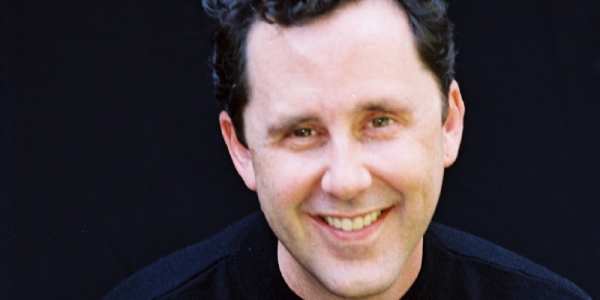But Merchant is also an educator, sharing his knowledge with audio engineering students in Tennessee. Australian engineers and musicians can tap into some of Merchant’s accumulated wisdom when he offers a masterclass at SAE campuses in Melbourne, Brisbane and Sydney in March.
“What I try to do is take some of the best moments of my university classes, the essential elements, and bring it to the talk. There will be some techniques and concepts. There will be some listening and discussion.”
Merchant will also listen to recordings by attendees (and you’ll get info on how to submit a track for consideration when you purchase your ticket). “My idea with this is to de-mystify the mixing process,” Merchant says. “So many times, especially if you go to online resources – and I will not name Gearslutz – there’s this feeling that mixing is a secret, or that there are tricks. I would contend that if you see the word’s ‘tips,’ ‘tricks’ or ‘secrets’ in the title of the book, it’s probably bullshit. If you ask a concert pianist what the secret is to being a great player, they’re going to look at you with deeply tired eyes and tell you they’ve been practicing for eight hours a day or more since they were three.”
Merchant’s masterclasses also look at the foundational ideas behind what makes mixes work. The process, the processing, and how you can apply these things to get good results. “One of the ways to do that is to look to more of the classic ways of applying those processes. One of the things about the digital world is that there are way fewer restrictions. If you used an analog EQ, for example, you had far fewer options available, and it meant that you had to apply more discipline when you used these things. You had a Q value of no higher than four, for example, on an EQ, whereas a Waves EQ can have a Q value of 100. That has some very serious sonic implications and if you’re not aware of that, sonically you’re doing irreparable damage to your audio. That’s one of the ideas we’ll talk about: getting pro results from your DAW.”
And don’t get Merchant started on plug-ins built around preset signal chains designed to make your recordings sound like those of a famous producer or engineer. “It won’t work with your song,” Merchant says. “The reason those settings worked for that producer on that song was because of the source tracks and because of the context within which they were being applied. There were a lot of things that made that set of parameters work for that person. This isn’t intended to sound cruel, but you’re not one plug-in away from your mixes being perfect. It’s just not the case.”
Merchant identifies one particular mixing mistake which seems especially prevalent in the current climate: the tendency to rush into the ‘ear candy’ bits of the mix without getting the fundamentals right. “They just want to get to the fun, playful stuff. They’ll spend ten minutes on a static mix instead of the two or three hours that you really should invest. So a lot of times they understand what an EQ does and they understand a compressor but they’re just too quick to jump to a conclusion and rush through the process. If you slow down a little bit and take a bit more time, just that one step will help you do better work.”
BY PETER HODGSON







